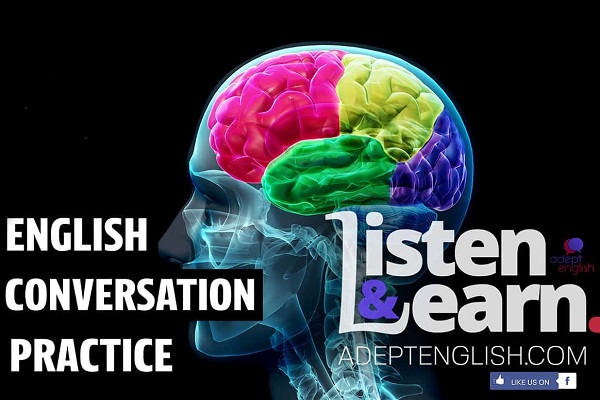 On January 13, 2020 the Teachers' Advanced Training Course got off to a good start at the Department of Foreign Languages.
On January 13, 2020 the Teachers' Advanced Training Course got off to a good start at the Department of Foreign Languages.
It made perfect sense to preface with conversational formulas. To tell the truth, teaching conversational formulas can be challenging because it requires more than just English. Our attendees who excel at speaking English are considered to be purposeful, sociable personalities. However, those who feel they lack this skill are often embarrassed to speak. In other words, personality’s standard behavior tends to appear in the classroom.
As English language teachers, we are aimed at helping students improve their speaking skills, but often “instructing” is not really a solution. As a matter of fact, substantially all English learners require practicing spoken language. Grammar, writing and other skills are key factors, but for the majority of learners, conversation is of the highest priority. Disappointingly, training conversational skills is far harder to deal with than that while teaching grammar, since the emphasis is not upon exactness, but upon performance. When holding debates, panel discussions, conducting role-plays some people often feel embarrassed to take a stand on the subject discussed.
 Thus, to eliminate all the mentioned disadvantages the teachers of the course should turn the focus toward functional skills, in particular asking for permission, disagreeing etc., putting forward mini-case studies, like using idioms, set expressions within general conversational tasks. They also can assign to acquire data and solve some domain-specific tasks.
Thus, to eliminate all the mentioned disadvantages the teachers of the course should turn the focus toward functional skills, in particular asking for permission, disagreeing etc., putting forward mini-case studies, like using idioms, set expressions within general conversational tasks. They also can assign to acquire data and solve some domain-specific tasks.
Therefore, learning conversational formulas is a stepping stone to have a better grasp on the English language phenomena.